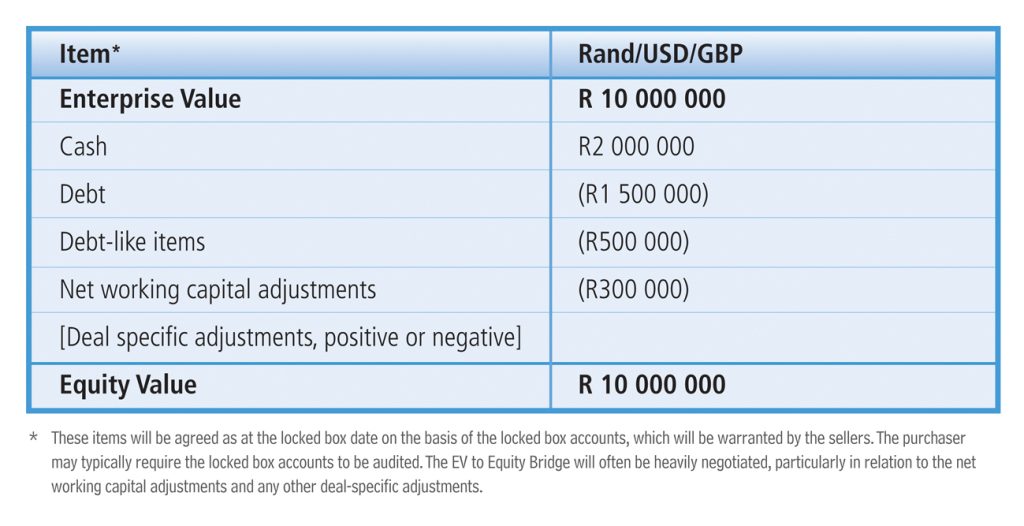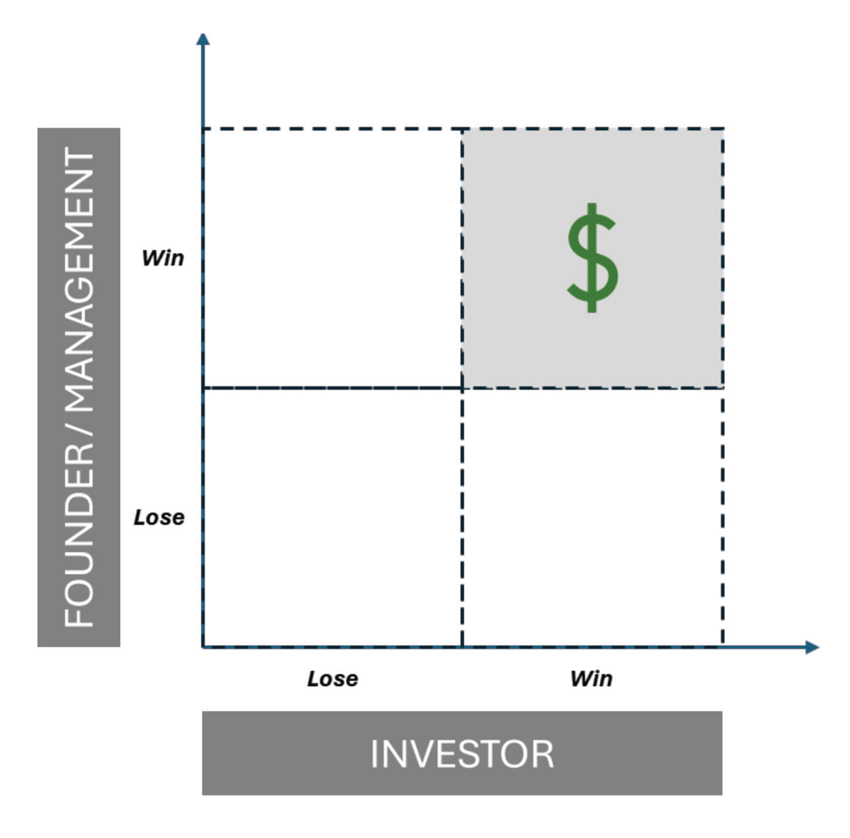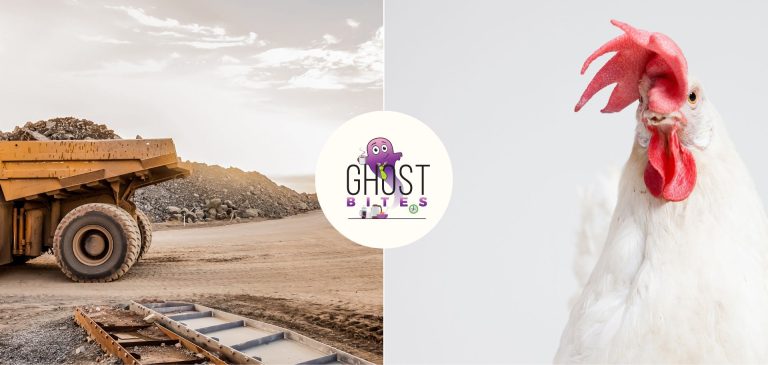Double-digit earnings growth at Absa (JSE: ABG)
And take a look at that dividend yield!
Absa has released results for the year ended December 2024. Numbers from one of the large banks are always worth paying attention to, as they give you clues about the state of the economy.
Of course, with a presence across 16 countries, Absa isn’t a pure play on South Africa. This can be a good thing or a bad thing, depending on how South Africa is doing!
In the latest period, Absa grew total income by 5% and HEPS by 10%. Return on equity moved up from 14.4% to 14.8% – still too low to get investors excited, but heading in the right direction. This happened despite a small decrease in net interest margin based on changes in interest rates.
The dividend growth couldn’t keep up with HEPS growth. The dividend put in a 7% increase to R14.60 per share. The current share price is therefore a trailing dividend yield of 7.8%, which tells you that Absa isn’t exactly priced for growth. Therein lies the opportunity, particularly as the Price/Earnings multiple based on latest earnings is just below 7x!
A segmental view reveals that Corporate and Investment Banking (CIB) is the largest segment from an earnings perspective. In fact, it contributes more than Relationship Banking, Everyday Banking and Product Solutions combined! Within the CIB cluster, it was the investment banking side that did all the work (earnings up 11%), while the corporate bank was flat at earnings level.
The flat performance in the businesses that are more recurring in nature could explain the valuation multiple. Another example is Relationship Banking, which has seen very little growth in headline earnings over two years despite growing revenue at mid-single digits. In Everyday Banking, card and personal loans were the major positive contributors, while transactions and deposits saw a decline in HEPS.
Not exactly the highest quality growth, is it? Then again, at this multiple, how much do you care? At this stage, Absa is trading on a dividend yield that is more appealing than many property funds, particularly once you adjust for the tax treatment of REITs vs. non-REITs. Would you rather earn that yield from the equity in a property, or the banker sitting with the security?
The market is clearly pricing in low growth and possibly a decrease in interest rates that could put more pressure on margins. Whether or not “the market” is right is exactly why we have a market in the first place, as there will be opposing views leading to buying and selling of the shares at any given price.
Attacq’s earnings went through the roof (JSE: ATT)
Major corporate actions and better underlying property metrics all helped
Attacq reported results for the six months to December 2024. Distributable income per share came in 49.1% higher, a jump that you won’t see very often in the property sector. The dividend almost followed suit, up 46.7% year-on-year.
Based on this great start to the year, full-year earnings guidance has been revised to growth of between 24% and 27%. Not too shabby!
Looking deeper, Waterfall City grew distributable income by 10% on a per-share basis. Rental escalations, reduced finance costs and various corporate actions all impacted this result, like the GEPF buying 30% in Waterfall City and Attacq acquiring the remaining 20% stake in Mall of Africa.
Rest of South Africa saw the biggest jump, with earnings up 125% and now higher than Waterfall City. The interest received on the disposal proceeds from the exit of MAS are captured here, so be careful when you interpret this. There were other benefits that are more property related, like rental escalations and property management fees.
It’s worth noting that cost-to-income ratios improved significantly thanks to the installation of additional rooftop PV systems and real-time utility monitoring. In commercial property at least, there’s a strong case for solar projects even without load shedding.
Of course, the more things change, the more they stay the same. Despite so many people returning to work, the “Collaboration Hubs” (which the rest of us just call offices) suffered negative rental reversions of -8.2%. At least occupancies ticked slightly higher in that part of the portfolio! Reversions were positive elsewhere, with logistics properties as the highlight at 4.8%.
The loan-to-value ratio moved slightly higher from 25.3% to 25.8% at the end of the period.
Clientèle paints a sobering picture of lower-income South Africans (JSE: CLI)
The interim numbers are unfortunately very complex to interpret
Clientèle has released results for the six months to December 2024. As the acquisition of 1Life became effective on 14 July 2024, that deal has had an impact on these numbers. There were a variety of related fair value and other adjustments, including a once-off bargain purchase gain of R469 million despite Clientèle actually having paid a premium to embedded value.
To make it worse, the adoption of IFRS 17 only happened in the second half of the prior financial year, so the base period for these interim numbers doesn’t include IFRS 17 effects unless they are restated.
If you look through it all, the direction of travel in the core business is concerning. The group is experiencing high levels of withdrawals and suspension of debit order mandates, which speaks directly to affordability. So much for the GNU, then.
In the insurance game, changes to actuarial and other assumptions can have a substantial impact on earnings. This is what played out in this period, with the total insurance result dropping by 55.3% as a result of lower insurance revenue and a change in withdrawal assumptions.
This negative impact was mitigated to a large extent by other factors like a stronger net investment result (we’ve seen this across the insurance sector thanks to favourable market returns) and initiatives like cost savings within the business. Group HEPS managed to come in 3.62% higher than the restated comparative period.
The embedded value per share is 1,844.61 cents and the annualised return on embedded value is 14.3%. The current share price is 1,221 cents and thus you can see the sizable discount being applied by the market.
Homechoice: a rare example of a growth company on the JSE (JSE: HIL)
This thing is absolutely cooking
Homechoice isn’t a name that most investors are familiar with. Despite having a R3 billion market cap, liquidity is very light in this name. Efforts are being made to change that, like the company presenting on Unlock the Stock this week. As the results below will show, it’s well worth your time to register to attend the event at 12pm on Thursday, 13 March.
For the year ended December 2024, HEPS grew by 27.3%. Paying attention now, aren’t you? This was driven by a 20.6% growth in revenue, so the top-line story is impressive. The final dividend came in 16.9% higher, so there’s decent follow-through into cash as well.
The group has increased its number of customers from 2 million to 3.1 million over the past year. Operating profit margin increased from 16.9% to 18.5%. They are growing so fast that cash from operations turned negative in this period, reflecting the reinvestment required in the business.
How are they doing it? Aside from the retail operation, the real excitement is on the fintech side and particularly the Buy Now, Pay Later business model. Have you noticed the PayJustNow option when you buy something online or in many stores across the country? That’s a HomeChoice business, with an 85% stake having been acquired in 2022. It looks to have been a great deal.
On a Price/Earnings multiple of just 7.6x, liquidity in the share price is arguably the only thing holding this back from quite a re-rating. It’s rare to see growth stocks like this on the JSE.
Hyprop will pay an interim dividend (JSE: HYP)
The panic over Pick n Pay is behind them
Hyprop is due to release results for the six months to December on 13 March, so you only have to wait a couple of days for full details on what they are have been up to.
In the meantime, we now know that the interim dividend is making a return after being cancelled in the comparable period. The guided range is 105 – 115 cents, which is still pretty light compared to the share price of R41.67 at time of writing.
After suffering a serious wobbly in the share price a year ago, Hyprop is up 29% over 12 months.
Sirius Real Estate recycles capital at a premium (JSE: SRE)
This asset improvement and disposal strategy is exactly what they are known for
Sirius Real Estate loves a good fixer-upper. Instead of buying perfect properties at lofty valuations, they look for properties that could do with some love. Of course, this is exactly the right way to generate larger returns from the property sector.
The latest example of this is the disposal of the BizSpace Tyseley Business Park in Birmingham for £6.7 million. This is a 20% premium to book value, which is exactly why Sirius bulls often argue that the fund should trade at a better price-to-book than its peers.
Between 2021 and now, Sirius increased the average rent per square foot by 31%. This is why the selling price is a decent return on the original purchase price of £5.1 million back in November 2021.
Naturally, Sirius uses examples like this to help with raising capital from the market on a regular basis.
Supermarket Income REIT: not exactly fireworks (JSE: SRI)
At least the dividend went up – by the tiniest of margins
Supermarket Income REIT pretty much does what it says on the tin, with the UK-based property fund owning a portfolio of retail properties with grocery tenants as the anchors. This probably won’t make you rich, but probably won’t make you poor either.
The play-it-safe model is visible in earnings, with the dividend per share up just 1%. This is despite annualised passing rent increasing by a much more impressive 13% – a number that was admittedly boosted by acquisitions in addition to contractual rental uplifts.
The most frustrating thing here is that the company is in the process of dealing with an external management structure that will trigger PTSD for many experienced JSE property investors. Essentially, the management team will get paid a fortune for “internalising” themselves i.e. ending the external management contract and becoming employees of the fund instead. Of course, the company tries to sell this as a yield-enhancing capital allocation decision, paid for with the proceeds of recent disposals. Although that is technically true, the structure should never have existed in the first place.
We went through a period in the world where property management teams did an incredible job of fleecing shareholders through the use of external management companies. Supermarket Income REIT is just one example. There are many, many others.
Vukile is moving ahead with the Bonaire acquisition in Spain (JSE: VKE)
The financial assistance announcement earlier in the week suggests that other deals are coming
If you had read the Nibbles section of Ghost Bites carefully in recent days, you would’ve seen a note that Vukile had extended a loan to its Spanish subsidiary, Castellana, to fund pipeline opportunities. Along with the knowledge that Castellana has been negotiating to acquire the Bonaire Shopping Centre, that was a pretty clear indication that the deal would be going ahead.
Except, that’s not what has actually happened. Sure, the deal is going ahead, but Castellana will be funding it from in-country debt and part of the proceeds from the disposal of Lar Espana. This suggests that the loan from Vukile will be applied to other acquisition opportunities, so watch this space!
Speculation on the future aside, we can now deal with the specifics of the Bonaire acquisition. You may recall that this is the property that had to be fixed up after the flooding in Spain. Castellana won’t bear any costs associated with remaining repairs. Furthermore, the seller has provided a guarantee for net operating income for a period of 18 months following the closing date. Although it took a while to reach this point, it seems to have ended favourably for Vukile’s subsidiary.
Bonaire is located in Valencia, which boasts a solid GDP per capita and a decent growth rate. Castellana will be acquiring 71.5% of the gross lettable area, with the rest owned (and occupied) by Alcampo hypermarket.
The purchase price of €305 million represents an entry yield of 6.96% (including transaction costs), excluding any expansion opportunities. Once again, Spain is providing an example of a high quality European asset at an appealing yield. An independent valuation put the value of the property €312 million, so this deal is at a slight discount to that number.
Nibbles:
- Director dealings:
- A prescribed officer of Sasol (JSE: SOL) sold shares to cover the tax on share awards and retained shares worth R558k. Given the pressure that Sasol has been under, I’m even willing to count this retention of the portion net of tax as a buy in my book!
- A director of a subsidiary of Blue Label Telecoms (JSE: BLU) sold shares worth R418k.
- enX Group (JSE: ENX) has finalised the deal to dispose of the 66% interest in Centlube, 100% in Ingwe Lubricants and 37% in Zestcor. The gross proceeds were R287.9 million and enX has received that amount. R28.8 million will be held in escrow for 24 months to allow for any warranty and indemnity claims after the closing date.
- Insimbi Industrial Holdings (JSE: ISB) released an initial trading statement that reflected an expected drop in HEPS of at least 20% for the year ended February 2025. With the interim period reflecting a loss, that’s no surprise. The words “at least” are working really hard here, as it’s likely that the deterioration in HEPS is much worse.
- Conduit Capital (JSE: CND) is still trying to get the disposal of CRIH and CLL to TMM across the line. After the Prudential Authority said no to the deal for the second time, the parties have extended the long-stop date in the agreement to 16 May 2025 to buy time to challenge the decision. What’s that saying again, the one about if at first you don’t succeed?
- Mondi (JSE: MNP) has given the debt market another interesting data point. They launched a €600 million Eurobond that matures in May 2033. It has a coupon of 3.75%. The proceeds are for general corporate purposes.
- Mining development company Southern Palladium (JSE: SDL) released financials for the six months to December 2024. It’s all about managing the cash burn while making progress on the underlying asset. The operating loss was A$3.76 million, up from A$3.15 million in the comparable period. The headline loss per share was A$0.04. This period was defined by the completion of the prefeasibility study that confirmed the commercial viability of the Bengwenyama project with a project all-in sustaining cost (AISC) of $800/6E oz. The peak funding requirement is $452 million and they estimate a payback period of 3.5 years.
- Orion Minerals (JSE: ORN) is firmly in the development phase, but is a long way further down the road than Southern Palladium. For the six months to December, the operating loss increased from A$5.65 million to A$6.52 million. The headline loss per share was A$ 0.07 cents. The definitive feasibility study is being completed for the Prieska Copper Zinc Mine and the Okiep Copper Project.
- Finbond (JSE: FGL) distributed the circular to shareholders earlier in March that deals with the scrip distribution alternative. As a reminder, the last day to trade cum the dividend is 25 March. It’s going to be quite interesting to see how many Finbond shareholders choose to receive more shares.
- In case you are following Nigerian energy company Oando (JSE: OAO), it’s worth noting that the group has been selected as the preferred bidder for the lease of the Guaracara Refining Company’s refinery assets from Trinidad Petroleum Holdings. Reading about “Afro-Caribbean collaboration in the energy sector” is certainly an unusual experience on the JSE!



















